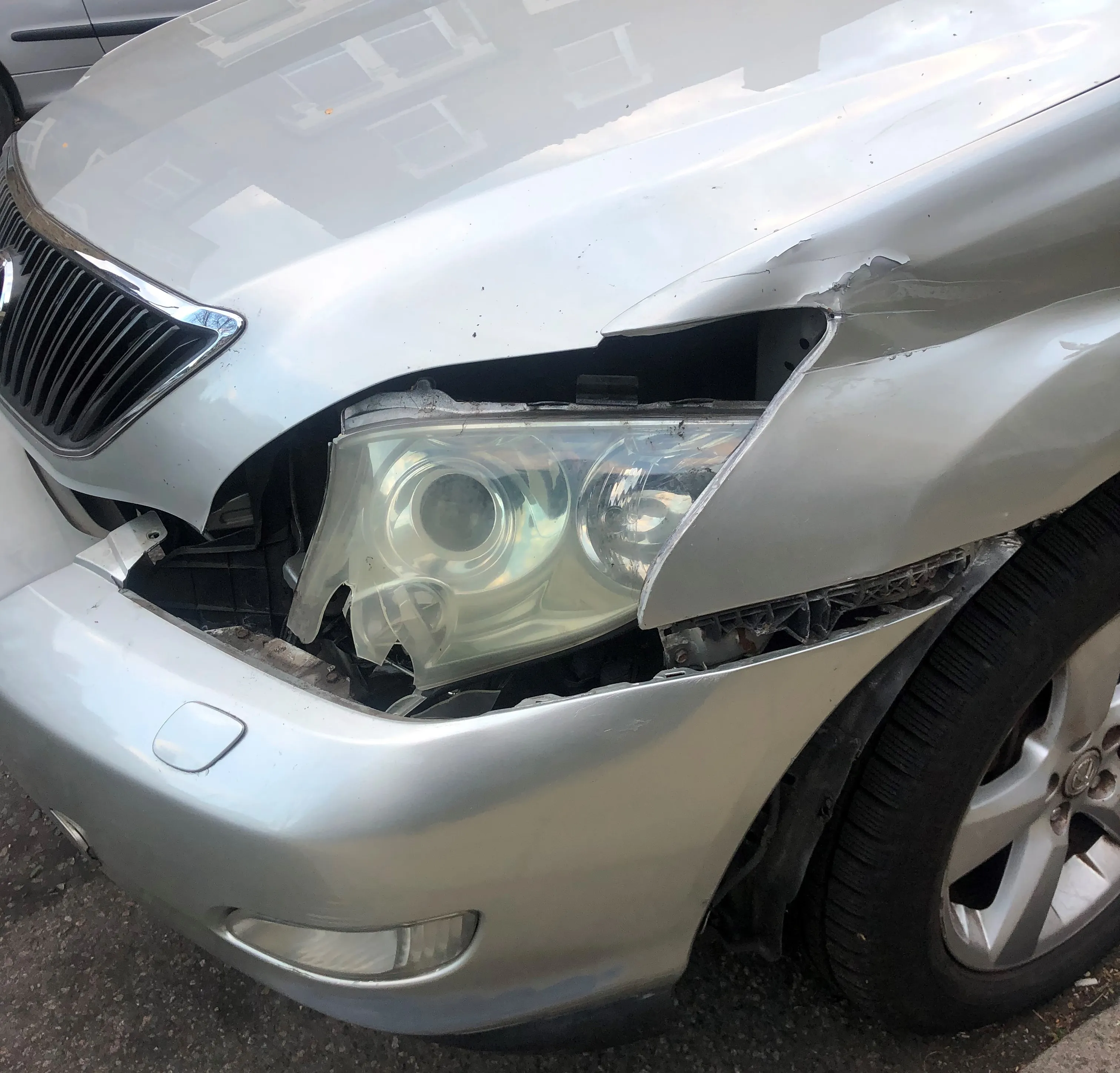New data from The Co-operative Insurance in the UK says that new data shows that the introduction of telematics technology is leading to better driving behaviour from Britain's young road users. Intelligence gathered from the company’s 'smartbox' scheme shows that 35 per cent are consistently showing 'excellent' driving while less than five per cent demonstrate 'poor' driving habits.
May 15, 2012
Read time: 2 mins
RSSNew data from 5536 The Co-operative Insurance in the UK says that new data shows that the introduction of telematics technology is leading to better driving behaviour from Britain's young road users. Intelligence gathered from the company’s 'smartbox' scheme shows that 35 per cent are consistently showing 'excellent' driving while less than five per cent demonstrate 'poor' driving habits.
The Young Driver scheme, which was launched earlier this year, measures driving behaviours including speed, braking and cornering. It then scores these from one (poor) to five (excellent) and rewards discounts on insurance premiums to those who score consistently well.
David Neave, director of general insurance for The Co-operative, said: "Our data shows that the vast majority of our customers are responding to our 'carrot' rather than 'stick' approach and are improving their driving skills because they are rewarded for doing so. Our scheme is only in its infancy, but it is clear that if telematics was taken up on a larger scale it could be a major step forward in improving the safety on Britain's roads."
According to road safety charity3963 Brake, one in eight UK licence holders is under 25 yet a quarter of all serious road accidents involve people in this age group. Research also shows that more than a quarter of young drivers (26%) without telematics insurance admit to regularly breaking speed limits.
Data from the Young Driver 'smartbox' also shows that four fifths (82%) of 17 to 25 year-olds achieved the top score for sticking to speed limits, although only a tenth (13%) scored top marks for braking and accelerating.
The findings also show that although equal numbers of males and females are achieving top driving scores, men are still more likely to make mistakes. Twice as many men as women received the lowest score in the speed category and three times as many men achieved the lowest score for braking and accelerating.
"An interesting picture is emerging of the driving behaviour of both sexes, and while they demonstrate good driving overall, women are more consistent in their approach," said Neave. "Overall, although young drivers show that they can stick to speed limits, which is vital in improving road safety, there is a lot of room for improvement when it comes to allowing correct braking distances and accelerating properly."
The Young Driver scheme, which was launched earlier this year, measures driving behaviours including speed, braking and cornering. It then scores these from one (poor) to five (excellent) and rewards discounts on insurance premiums to those who score consistently well.
David Neave, director of general insurance for The Co-operative, said: "Our data shows that the vast majority of our customers are responding to our 'carrot' rather than 'stick' approach and are improving their driving skills because they are rewarded for doing so. Our scheme is only in its infancy, but it is clear that if telematics was taken up on a larger scale it could be a major step forward in improving the safety on Britain's roads."
According to road safety charity
Data from the Young Driver 'smartbox' also shows that four fifths (82%) of 17 to 25 year-olds achieved the top score for sticking to speed limits, although only a tenth (13%) scored top marks for braking and accelerating.
The findings also show that although equal numbers of males and females are achieving top driving scores, men are still more likely to make mistakes. Twice as many men as women received the lowest score in the speed category and three times as many men achieved the lowest score for braking and accelerating.
"An interesting picture is emerging of the driving behaviour of both sexes, and while they demonstrate good driving overall, women are more consistent in their approach," said Neave. "Overall, although young drivers show that they can stick to speed limits, which is vital in improving road safety, there is a lot of room for improvement when it comes to allowing correct braking distances and accelerating properly."






